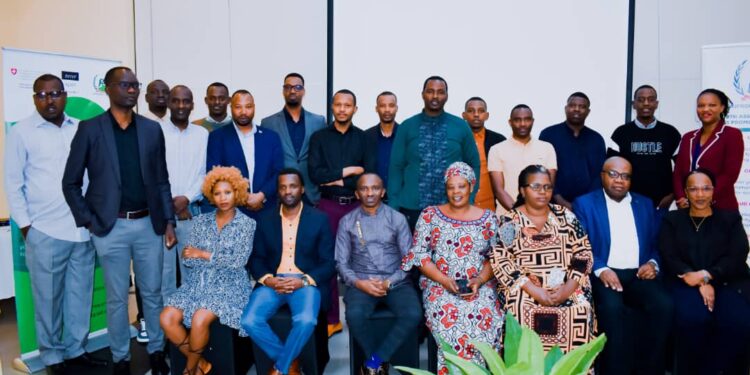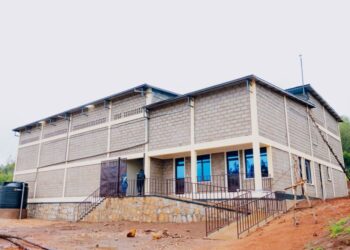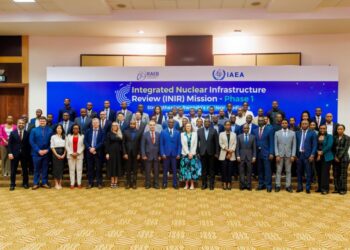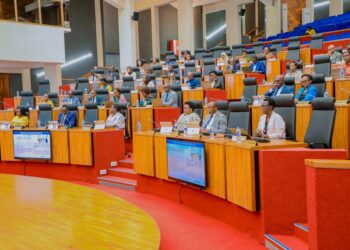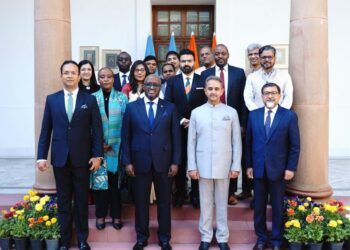Stakeholders from government, education, civil society, and the private sector unite to address barriers and propose reforms for youth employability and skills development.
Government officials, educators, business leaders and civil society groups met Friday in Kigali to find new ways to improve Rwanda’s Workplace Learning Policy (WPL).
The policy aims to help students get real-world experience through internships and training. But a recent report shows it’s facing major challenges. These include weak funding, poor coordination, and low support from private companies.
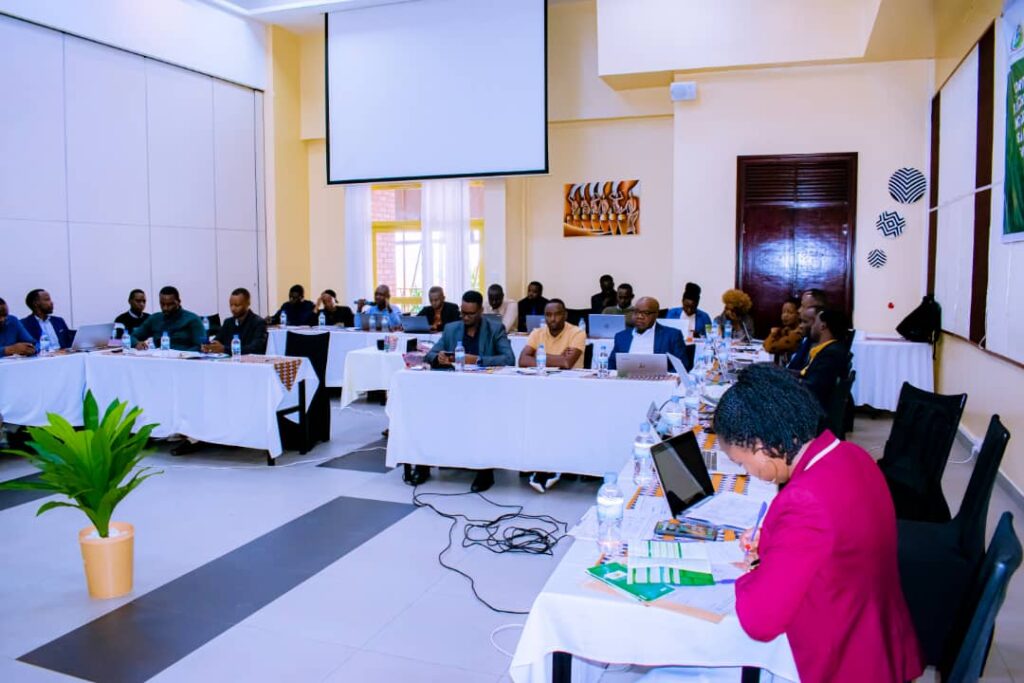
The meeting, held at Sainte Famille Hotel and organized by AJPRODHO-JIJUKIRWA, brought together 37 participants. Attendees included representatives from key ministries, universities, technical schools, businesses, and nonprofit organizations.
A consultant presented findings from an impact assessment. The report showed that many young people still struggle to access meaningful job training. Outdated equipment, high costs, and a lack of industry partnerships were also noted as major issues.
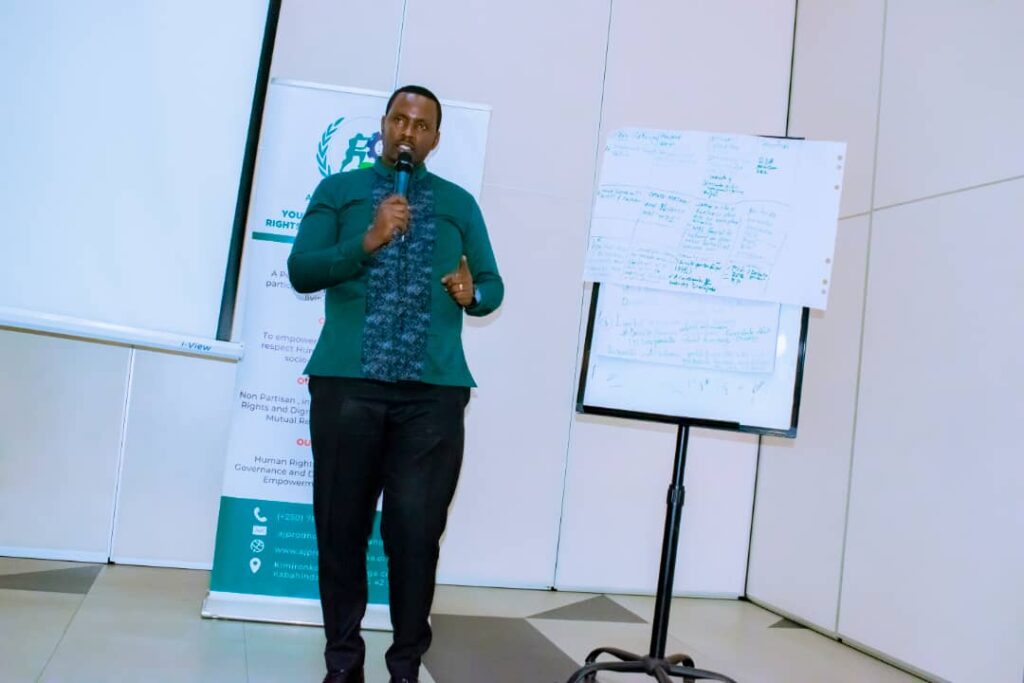
Officials from the Ministry of Public Service and Labor (MIFOTRA) outlined steps the government is taking. These include plans to train 100,000 youth for internships and to launch a national skills funding plan.
Participants broke into groups to find solutions. They recommended setting up a national fund to support workplace training. They also called for tax breaks to encourage businesses to take on interns and more investment in modern training equipment.
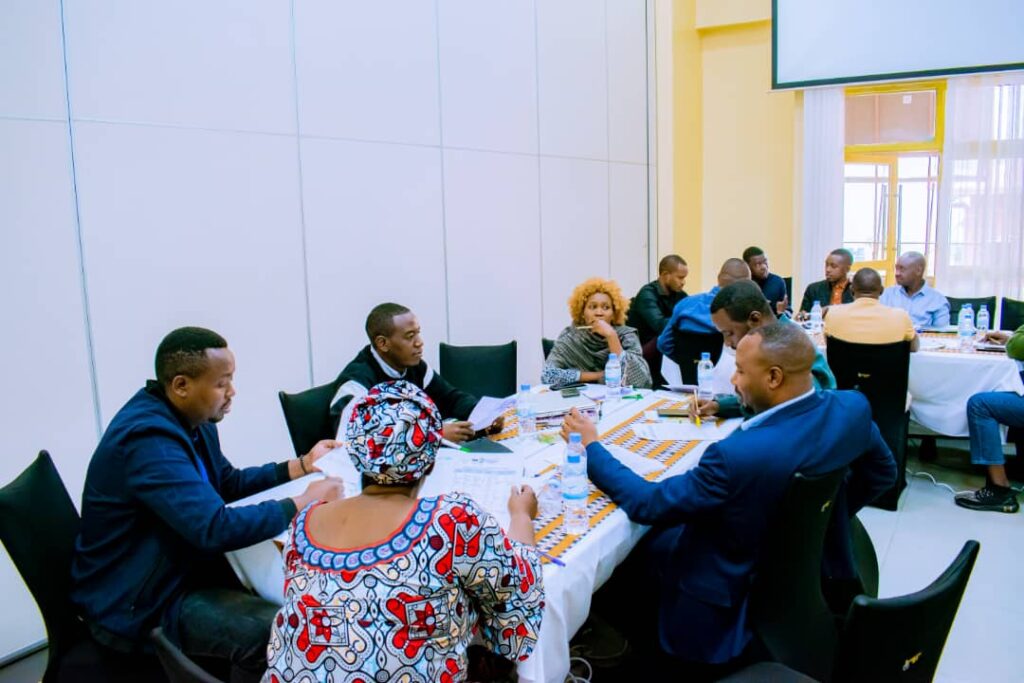
Other proposals included updating education programs to better match industry needs and creating a digital system to track training outcomes.
The meeting ended with a strong push to revise the WPL policy. Stakeholders said the policy must be more inclusive, especially for youth in rural areas and those from low-income backgrounds.
The private sector was urged to play a bigger role. Companies in manufacturing, construction, and hospitality were highlighted as key partners for skills development.
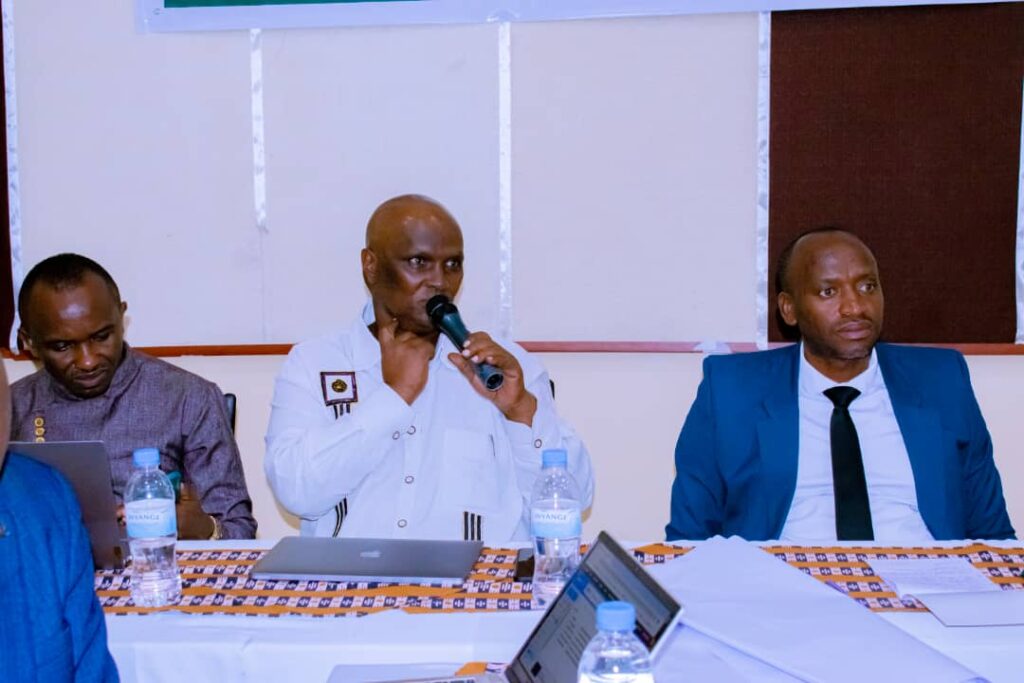
MIFOTRA was asked to activate the National Skills Development Fund. This would help cover costs for both students and training institutions. Civil society groups, including AJPRODHO, were also encouraged to keep pushing for reforms and to help monitor progress.
A follow-up meeting is planned later this year to approve a shared roadmap for all partners involved.
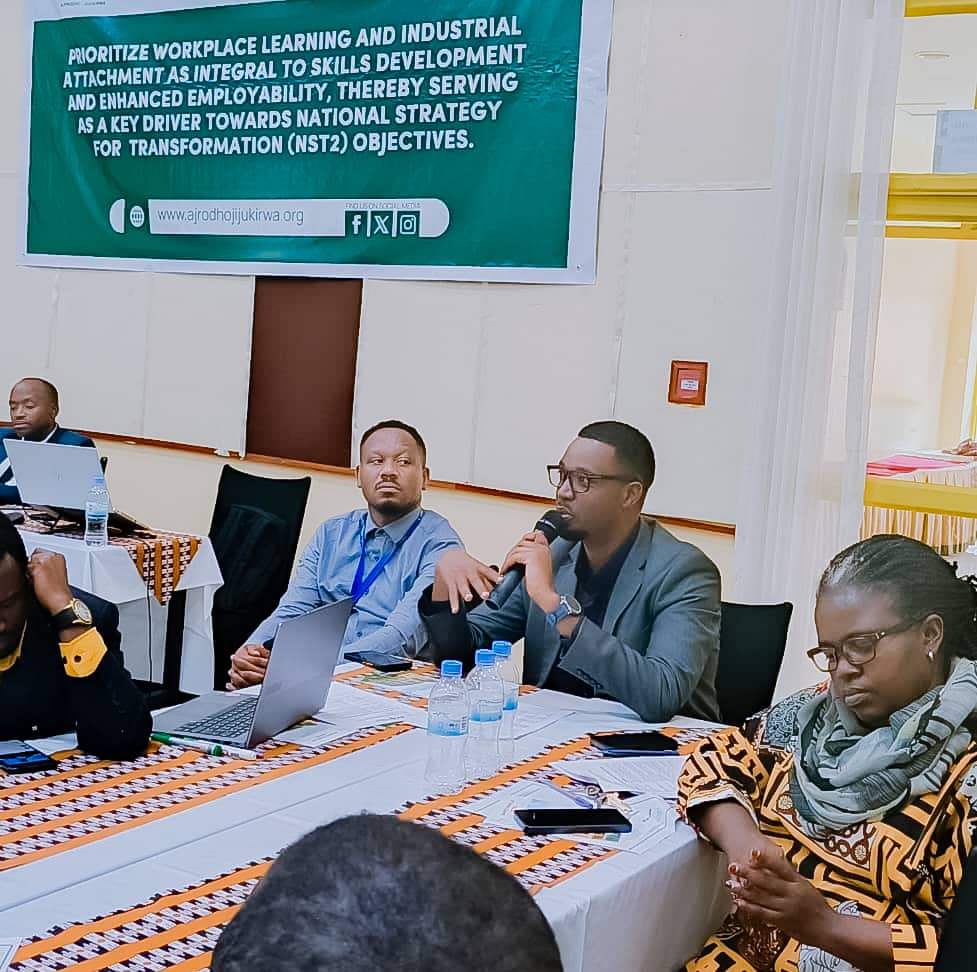
The dialogue marked an important step in making Rwanda’s education-to-employment system more practical and inclusive. Organizers hope the changes will give more young Rwandans the skills they need to succeed in the job market.


